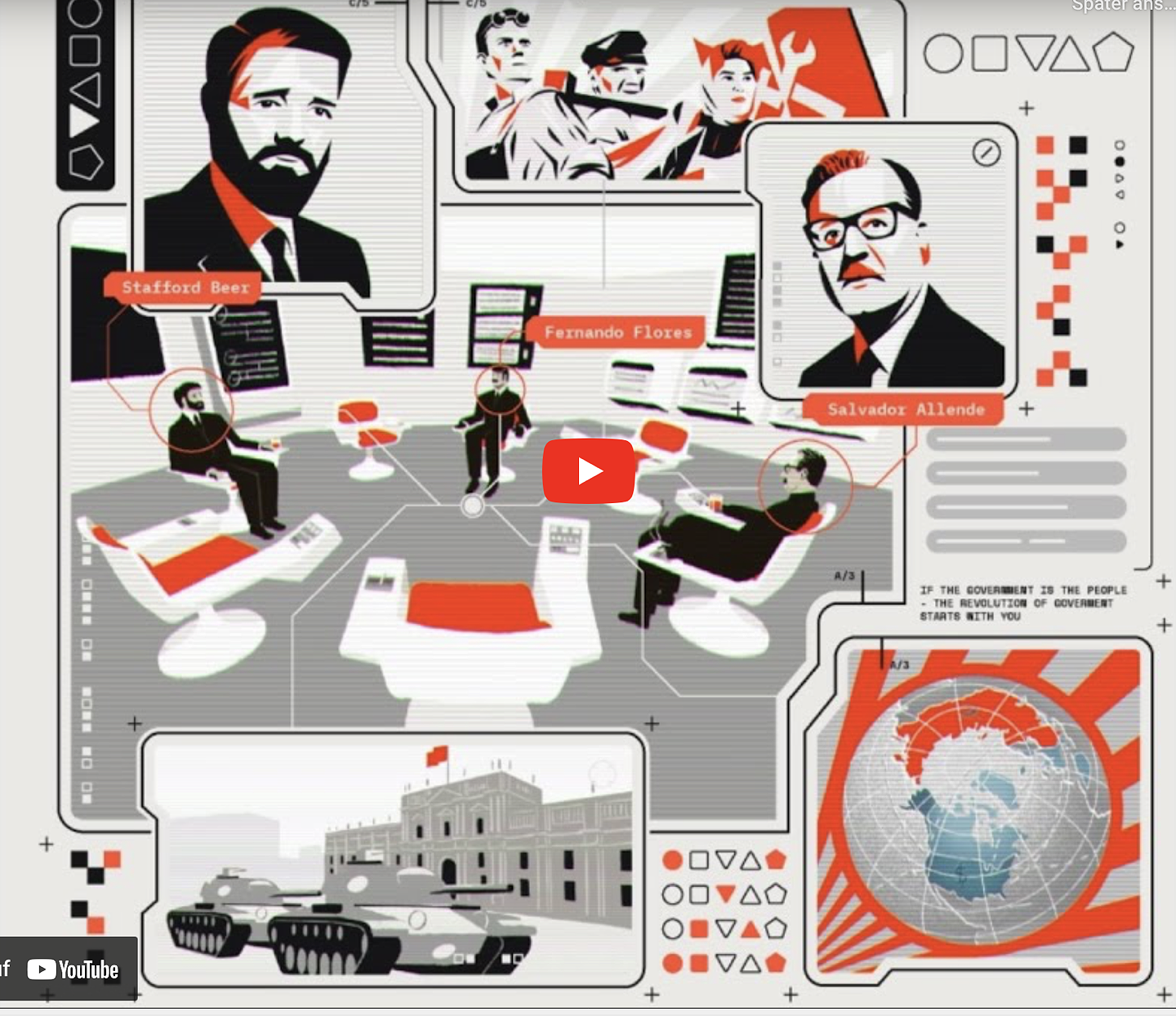
Half a century ago, South America was on the cutting edge of contesting the power of multinational companies in the sphere of telecommunications. More than that, a distinct blend of radical economics, cybernetics, and democratic politics led to the articulation of its own bold visions for how to use computing power in the name of non-corporate but people-centric development projects. As we confront the challenges presented by the Big Tech of today – from fake news to generative AI – it’s time to re-examine that experience. This is partly the task undertaken in the Santiago Boys podcast, which, in telling the story of Project Cybersyn and Stafford Beer’s involvement in it, aspires to recover some of those earlier experiences in order to inform our own present conundrums with Big Tech.
Speaker Bio
Evgeny Morozov is the author of several award-winning books about technology and politics and, most recently, the producer and host of The Santiago Boys podcast. He is also the founder and publisher of The Syllabus, a knowledge discovery platform. Evgeny holds a PhD in History of Science from Harvard University and has previously been a visiting scholar at Georgetown and Stanford universities.
For participants in the webinar, you can find the (9 hours) podcast at:
https://open.spotify.com/episode/6mhP2v4GZXzL2Zl6Ndmnne?si=26a01fc836554c38
You can also find an in-depth interview about the podcast (2 hours) at:
